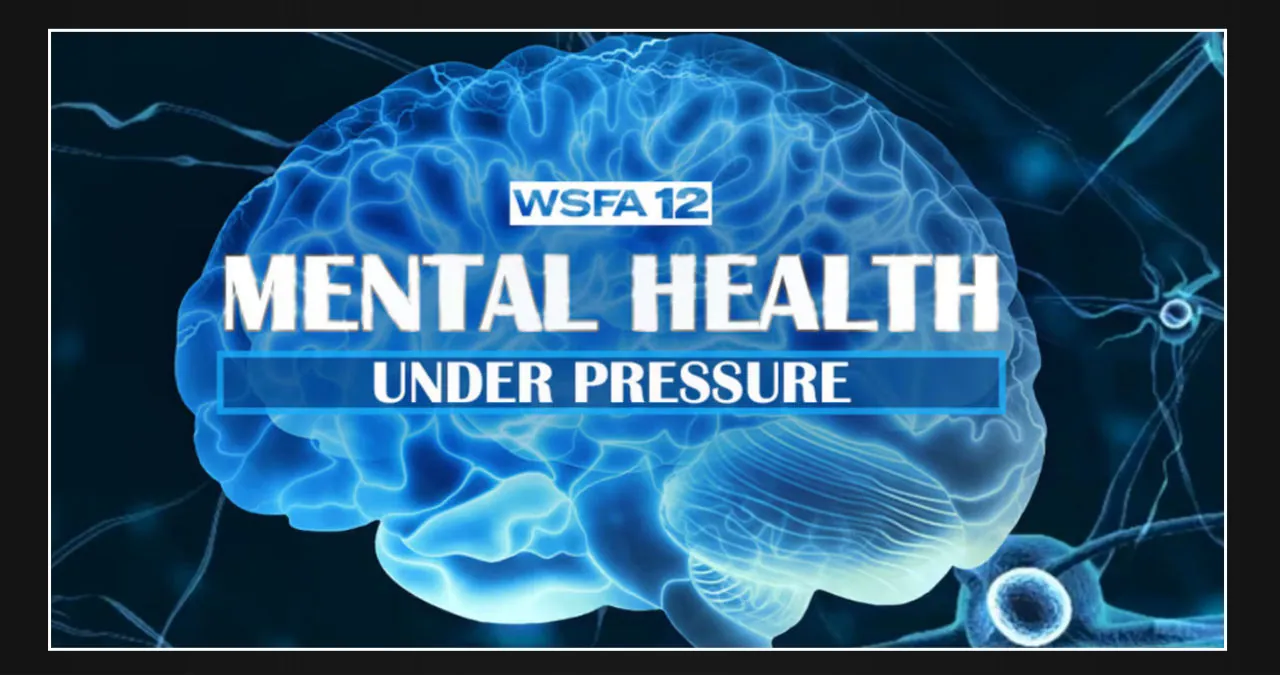Alabama is currently facing a significant mental health crisis. The younger generation is experiencing higher levels of anxiety, loneliness, and depression compared to previous generations.
“The youth mental health crisis is spiraling out of control,” expressed Kim Boswell, Commissioner of Alabama’s mental health department.
According to Boswell, the mental health difficulties we encounter are largely influenced by our lifestyle choices. She highlights a shift in our behavior, where we have moved away from social interactions and towards isolation. In the past, children used to play outdoors with friends, but now they often spend their time alone, glued to their smartphones or other devices. A study even reveals that children spend an average of nine hours per day in front of screens.
“We understand the significance of connectedness in the realm of mental health,” Boswell emphasizes. “However, it is disheartening to see that our nation is grappling with an epidemic of loneliness.”
Loneliness can sometimes have tragic consequences. Students who battle with their mental well-being may resort to violent actions, causing harm to themselves or those around them.
Since 2004, when smartphones became widely available, there has been a significant increase in the number of girls treated in emergency rooms for self-harm, with a staggering rise of 188%. Similarly, the number of boys treated for self-harm has also seen an increase of 48%. Alongside these distressing statistics, doctors are reporting a notable surge in the number of anxiety and depression cases as well.
“The key advice I give to patients is to prioritize putting their phones down. This goes for both children and parents. Instead, I encourage them to spend time outdoors and engage in activities with their kids. Building connections within their community is also important for fostering engagement and a sense of belonging.”
Mental health diagnoses among children can be further complicated by the presence of coexisting conditions, which make treatment more challenging. According to Boswell, it is not uncommon for children with mental illness to also have autism or an intellectual disability.
“It’s a real challenge to help someone who is dealing with all of those issues,” she expressed.
Alabama has taken significant steps to streamline its community centers, with the state legislature and mental health department making remarkable advancements in recent years.
In the past, when individuals experiencing a mental health crisis called 911, they would typically be taken to either a hospital emergency room or to jail. Unfortunately, neither of these locations provided the appropriate level of treatment and support that these patients required. However, there has been a significant change in the approach to mental health crisis response. Patients now have the opportunity to access one of the six mental health crisis centers located throughout the state, including Birmingham, Dothan, Huntsville, Mobile, Montgomery, and Tuscaloosa. These dedicated centers offer a more suitable environment for individuals dealing with mental health issues, ensuring they receive the necessary care and assistance.
To learn more about navigating the system, patients can dial 988. This three-digit phone number offers access to a wide range of resources. Operators are available to assist with various requests, whether it’s an urgent need for emergency assistance or a simple inquiry about community resources.
Boswell explained that with the number 988, individuals can easily access the crisis system of care. Additionally, they can use this number to schedule outpatient appointments or find information about local AA or Al-Anon meetings.
In Alabama, there have been recent developments that have had an impact on mental healthcare within schools. These changes have been made with the intention of better addressing the needs of students. One significant change is the employment of mental health service coordinators in most school systems across the state. This addition aims to provide a dedicated professional who can coordinate mental health services for students. Additionally, some schools have taken it a step further by providing students with access to professional therapists, in addition to the traditional guidance counselors. This expansion of resources ensures that students have the support and assistance they need when it comes to their mental well-being.
Alabama’s pre-kindergarten program now includes mental health consultants who can be summoned to classrooms to assess whether a child’s misbehavior indicates an underlying issue.
While Alabama’s mental health care system has made significant progress, there are still certain areas that require attention and improvement. Two key challenges that need to be addressed in the future include increasing the presence of school resource officers across the state and expanding mental health care services in rural areas.
In an exciting new reporting series at WSFA 12 News, we will delve into various challenges, including the ones mentioned above. Our series, titled ‘Under Pressure: Stressed Out in Alabama,’ aims to offer valuable insights and guidance on a range of topics, such as suicide, psychosis, substance abuse, and job stress. Over the next few weeks, we will be sharing our stories in this dedicated section of our website.











Leave a Reply